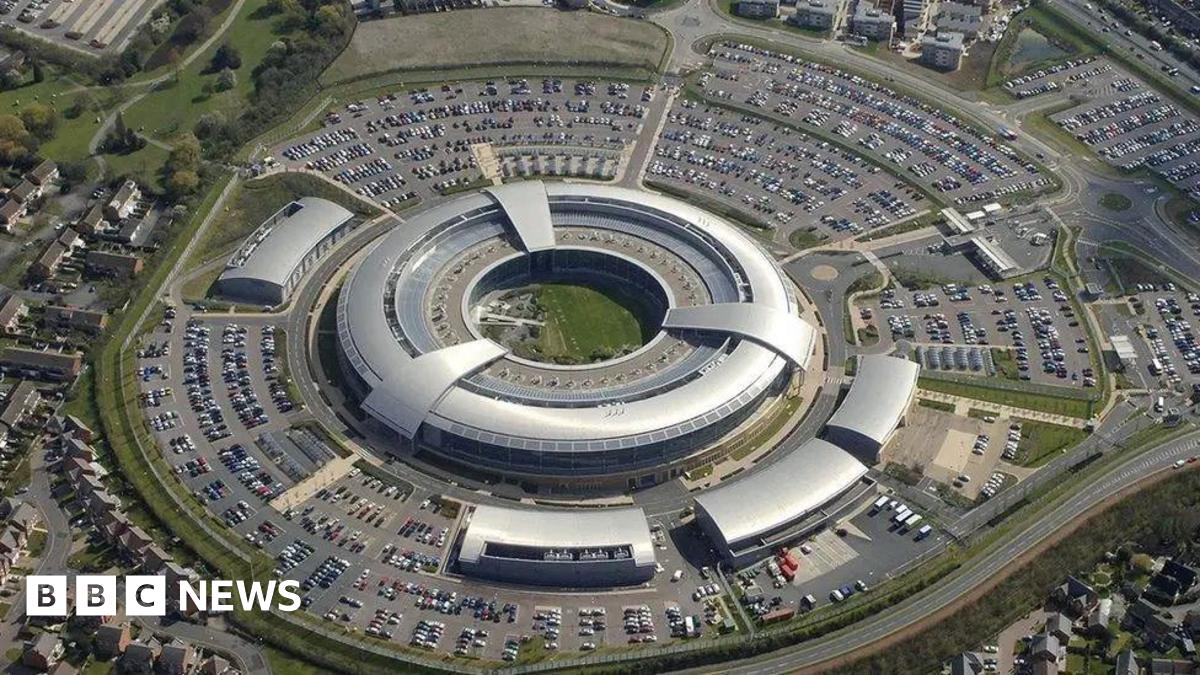World
Top Hezbollah commander killed in Israeli strike on Beirut, IDF confirms

A top Hezbollah commander has been killed in an Israeli strike in the suburbs of Lebanon’s capital of Beirut, the Israeli military has confirmed.
Ibrahim Aqil, Hezbollah’s operations commander, was killed alongside several other senior commanders of the militant group’s Radwan special forces unit, Israel’s Defence Forces (IDF) said.
“The IDF will continue to act to degrade Hezbollah’s capabilities, strike at it, and operate on all fronts to protect the citizens of Israel,” a statement reads.
The strike killed at least 12 people and wounded dozens more, according to Lebanese health authorities.
Earlier, Israel said it had conducted a “targeted” strike in Beirut.
Follow latest:
Updates on airstrikes in Lebanon
Reporting from Beirut, Sky’s special correspondent Alex Crawford said the attack appeared to have hit a residential apartment block.
Lebanese Prime Minister Najib Mikati said Friday’s strike shows Israel “gives no weight to any humanitarian, legal or moral considerations”.
It comes as fighting between Iranian-backed Hezbollah and Israel has intensified in the past few days after 37 people were killed and thousands wounded when pagers and walkie-talkies across Lebanon blew up in two separate attacks.
That attack was widely believed to have been carried out by Israel, which has neither confirmed nor denied its involvement.
Lebanon’s energy minister earlier accused Israel of committing war crimes “in a blatant way and without immediate condemnation”, in an interview with Sky News.
Walid Fayad called the attacks on Hezbollah communication devices a move “from targeted terror to distributed and blind terror”.
Aqil served as the acting commander of Hezbollah’s elite Radwan Force and on the Jihad Council, the group’s highest military body.
The US State Department sanctioned him for his alleged role in the 1983 bombing of the US embassy in Beirut, which killed 63 people, and an attack on a US Marine barracks in the same year, killing 241 people.
It had offered a reward of $7m (£5.3m) for information about him.
Aqil’s death marks the second time in less than two months Israel has targeted a top Hezbollah commander.
In July an Israeli airstrike killed Fuad Shukr, the militant group’s top military commander.
Read more from Sky News:
Lebanese minister accuses Israel of ‘committing war crimes’
Hezbollah chief’s message means devastation will continue
Israel’s rare strike on the capital’s southern suburbs came after Iranian-backed Hezbollah fired 140 rockets at northern Israel, which the Israeli military said came in three waves targeting sites along the ravaged border with Lebanon.
Following the attacks, the Israeli military said that it had struck areas across southern Lebanon targeting Hezbollah infrastructure, but did not provide details of damage.
Hezbollah said its attacks had targeted several sites along the border with Katyusha rockets, including multiple air defence bases, as well as the headquarters of an Israeli armoured brigade they said they had struck for the first time.
The developments of the past few days have raised strong concerns of an all-out war in the region, with Israel also engaged in an 11-month war with Hamas, another militant group backed by Iran, in Gaza.
According to Gaza’s Hamas-run health ministry, more than 41,000 people have been killed since the war broke out following Hamas’s massacre of 1,200 people in southern Israel on 7 October.










